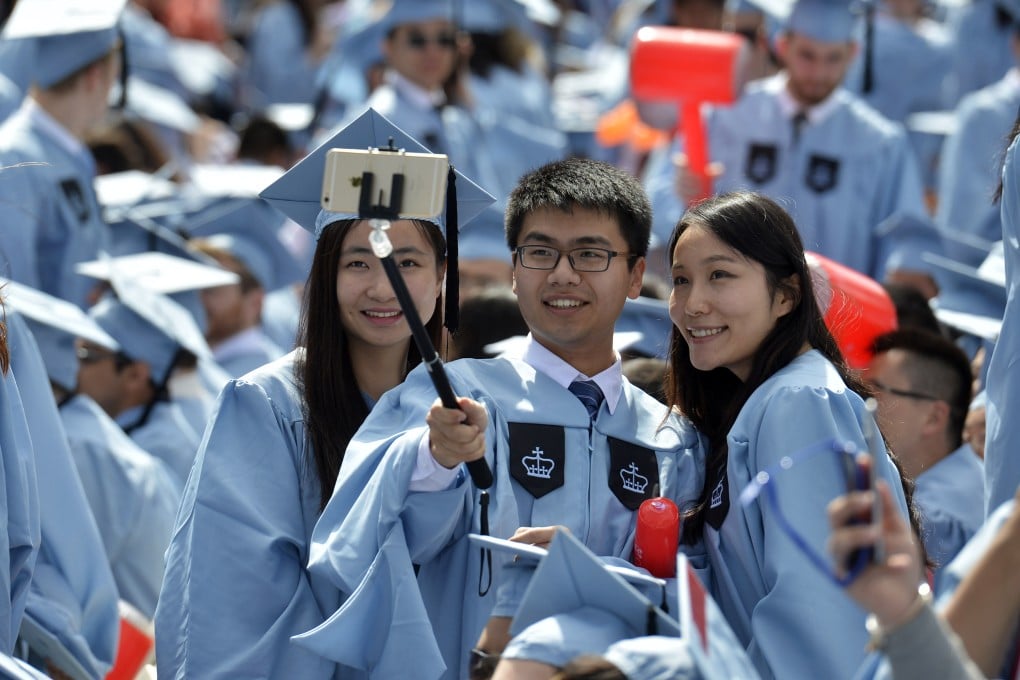China’s top overseas students face ‘glass ceiling’, hard choices amid fraught US ties
- A growing number of PhD graduates from STEM studies are opting to return to China, despite fierce competition
- Restrictions, suspicions and allegiance force Chinese students to make career-defining choices

After months of struggle, Jackie Lee, a final-year PhD student specialising in computational and applied mathematics at the University of Texas at Austin, decided to work at a research centre in Beijing after graduation this year. Lee, who prefers scientific research over working in the financial industry, had turned down an earlier job offer from US investment banker Goldman Sachs.
When faced with the prospect of working as a Chinese scientist in the United States, Lee, 27, said he felt such a position was not safe or secure given growing political uncertainties between China and the US.
“The advantage of working in the US is that I can earn more. But there’s a glass ceiling for Asians here, and the trend is getting worse because of geopolitics,” said Lee, a native of Shanxi province.
Uncertainty over US-China relations and a more research-favourable environment at home are luring more Chinese PhD graduates in science, technology, engineering and mathematics (STEM) disciplines to return to China for work or research, despite concerns about the intense competition at home in their respective fields.
Hard data on the exodus is difficult to obtain, but statistics published by the Organisation for Economic Cooperation and Development in April showed that the US lost 896 scientific authors in 2021 while China gained 3,108 in the same period.

